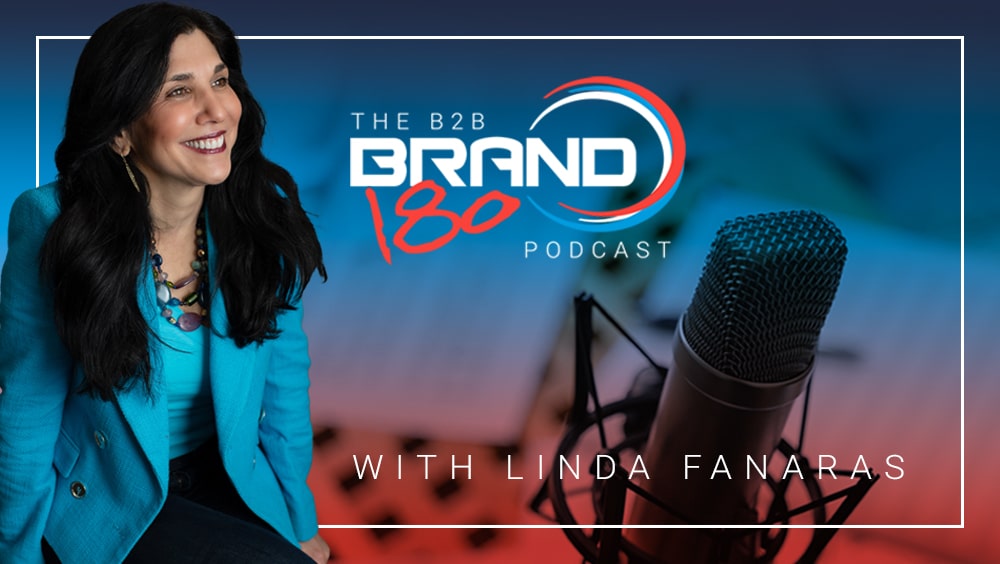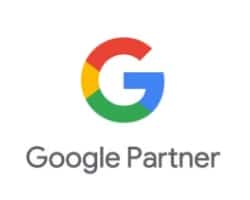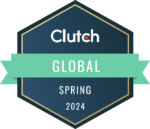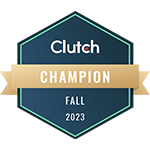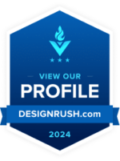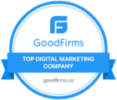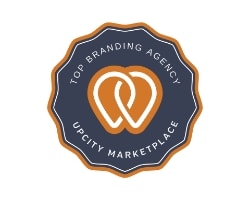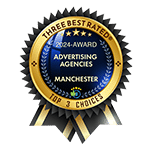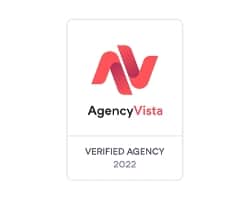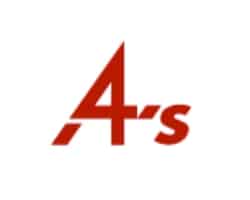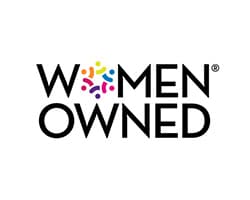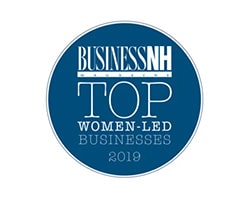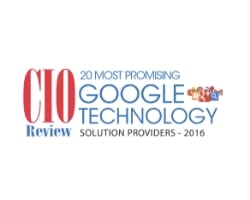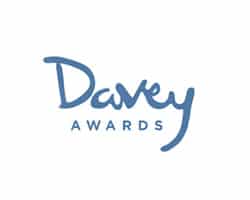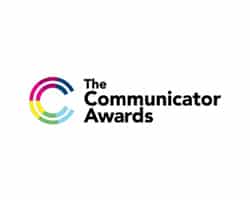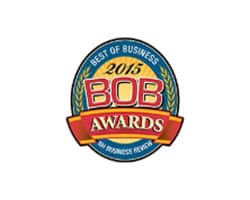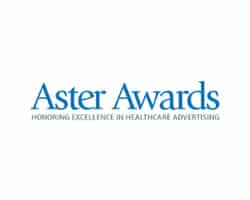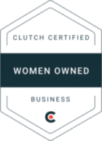In this episode of the B2B Brand180 podcast, Linda interviews Hannah Moore from Ascendco Health about enhancing brand presence through community engagement and storytelling. Hannah offers insights into the rebranding process and the strategic importance of community-focused positioning. She discusses the necessity of being people-oriented, beyond mere product features, and the power of crafting authentic brand narratives. The conversation explores understanding customer needs, gradually implementing changes that resonate with core brand values, and leveraging social media platforms like LinkedIn to nurture community interaction. Hannah highlights storytelling’s pivotal role in marketing, creating memorable ‘Disney magic moments,’ and provides guidance for young professionals on building credibility and advancing their careers.
03:22 The Art of Rebranding: Insights from Ascendco Health’s Experience
05:08 Cultivating Community Engagement and Creating ‘Disney Magic Moments’
08:19 Storytelling and Personal Branding in B2B Marketing
11:51 Advice for Emerging Marketers: Building Skills and Network
Connect with Hannah: https://www.linkedin.com/in/hannahgmoore/
Linda’s LinkedIn: https://www.linkedin.com/in/lindafanaras/
Linda’s book, Claim Your White Space
https://www.amazon.com/CLAIM-YOUR-WHITE-SPACE-CRITICAL-ebook/dp/B0CLK8VLYV
Millennium Agency: Brand Strategy | Marketing | Web Design: https://mill.agency
YouTube Channel: https://www.youtube.com/@mill.agency/
Hi, I’m Linda Fanara, host of B2B Brand 180 podcast and CEO of Millennium Agency, where we talk all about branding and growth strategies that are designed to help your business grow. But before I start, I just want to thank our listeners. And if you like what you are listening to today, please hit like share or subscribe. So today I am excited to bring in a young professional, Hannah Moore from Ascendo Health. She has managed pivotal rebranding process, repositioning the brand to better address the challenges and needs of industry partners through community engagement. So we’re actually going to be talking about industry partners through community engagement and how we can elevate that process with our actual markets that are out there. So welcome Hannah to the B2B Brand 180 podcast and thanks for joining me today.
Hannah Moore:
Thank you, Linda. I am happy to be here.
Linda Fanaras:
Yeah. So let’s let’s start out with a quick introduction Can you tell the audience a little bit about yourself?
Hannah Moore:
Absolutely. So I am a serial extrovert. I thrive on being around people learning from them, and really understanding how to connect with them, which has obviously been very pivotal in my success as a marketer so far. the background of Four years in healthcare marketing recently pivoting towards software. I’ve specialized in creating brand narratives that truly resonate with consumers. Even early on in my career, my approach is really rooted in the belief that people buy from people. I’ve really found my greatest success in moving. Beyond technical specifications of products and being more people oriented and telling genuine stories from within our organization and through that successfully navigated a cultural rebrand to be more people centric in the SAS space telling stories is, is more than just selling. And I really think it creates a community that feels deeply connected and invested in our brand. So I’m really passionate about. that and driving that in the marketing field.
Linda Fanaras:
No, that’s a great way. That’s a different way of looking at marketing. I think a tech brand. So I think building a community around that and really, I think a lot of the tech brands tend to focus on features and benefits. But really, how do you cultivate a community that actually drives engagement is is what we’ll chat a little bit about today. So as a young professional in the industry, are there strategies that you found most effective Let’s just talk about you for a minute about setting yourself apart and try to build some credibility.
Hannah Moore:
Absolutely. I think obviously in marketing right now, it is a really tough deal to get into, especially around brand management. I would say that I did get my master’s in marketing specifically, which really allowed me to Be a lot more hands on, I think, in your undergraduate degree and kind of starting out, you build, you build a lot of theoretical side of marketing. You kind of understand the why, but I think being able to apply that is really most important when you’re getting into marketing, I would say, obviously getting lots of certifications and doing as much as you can to get experience. So building out a portfolio early on, being able to I think a lot of. People young specialized really. Starting off and they get really into social media or they really go down a path which can be painful when you’re trying to find a job and not being able to Have that perspective of how does everything work from a full scale marketing approach?
Linda Fanaras:
So rebranding is a huge task and I think for those who don’t really understand the process, it sounds easy and it sounds like quick, Oh, let’s just throw together a quick logo. But that’s not the case at all. So can you walk us through maybe at least the key high level steps that’s necessary to navigate that, what you did to navigate a successful rebrand at a Senko Health. And I guess one of the, some of the top lessons that you learned that you can share with the audience.
Hannah Moore:
Absolutely. I think that Of course, rebranding is obviously extremely risky, and sometimes it is a mistake to even rebrand in the first place. So how I look at it is you have to first determine the why, and of course that comes from a lot of different places. It comes quantitatively from understanding your customer data and also from Really just getting to know your customer experience. So for us personally, we had kind of seen a historical stigma in the marketplace where we’re in a sterile processing space where historically they hadn’t been in power to solve their own problems. And a lot of our marketing tactics have been. centered around the, all of the software features rather than the people. So I would say first, obviously doing lots of research and understanding the why. Second is don’t make abrupt changes. I think you kind of have to keep those. core values in place and being able to communicate that comes from doing, making changes really slowly. So you have to understand how you’re aligning your brand to be better in line with your brand’s values. And how do you communicate that with stakeholders in a way without, I don’t want to just really making sure that your brand stays in line with the core values and being able to communicate that to your stakeholders is most important.
Linda Fanaras:
So when you’re built talking about building a community around a brand, it’s obviously crucial if you want to have engagement and lead generation, you know, you need those cheerleaders around you. So are there certain tactics that you could recommend to our audience that actually helps cultivate that community engagement? You know, you know, feel and how have you leveraged that to actually drive new leads? Because I think sometimes when we talk about social media, you know, a lot of companies can’t necessarily put their finger on, Oh yeah, our social media posts are driving new lead opportunities or new sales opportunities, but it’s such an important aspect of the marketing. So if you could speak to that, I think it’d be great.
Hannah Moore:
I think community and the narrative that you’re telling goes hand in hand, which most people don’t generally think about. So how I’ve really leveraged it is I told you I’m a people person. Relationship building is really my bread and butter. So we started a LinkedIn group where essentially the shift in the marketplace is really people want to hear from people. And so we’ll have our software team sharing We’re thinking about implementing this new feature. What do you think? And that’s the way that people are automatically invested in what we’re doing. They feel like they’re a part of the team and they’re giving us concept feedback, which obviously helps drive strategy from a marketing standpoint. Also though, from a perspective shift of your customer base, it really aligns them with your values and makes. The organic, the word of mouth marketing, which really drives the most leads much easier to develop.
Linda Fanaras:
I think everybody likes talking about disney and they’re always creating sort of these magical moments that resonate deeply with their audience Especially Children. So if we were to talk about that, how have you incorporated this concept? You know, the sort of Disney magic moments into your brand’s engagement strategy to create sort of that memorable customer experience.
Hannah Moore:
Absolutely. I think, especially in the SAS space, we have a lot of those Disney magic moments where you hear a story of someone needing your project to do this, and this is how it’s going to change their day to day. And you really quickly can operationalize that. And I think that speaks to a Disney magic moment as we would like to call it on. How do you hear a customer need really quickly operationalize that? And how do you utilize that from a marketing standpoint? So how I like to put it is we are a platform for the people that we serve. So framing it as an opinion leadership in their perspective, we did, you know, something that really helped their day to day and then letting them tell their story organically and being able to utilize that as a content strategy. So hearing why that worked for them, how they partner with us and being able to talk about that in your LinkedIn group, having that in the newsletter, having a tick talk about it. Yeah. Where it’s much more just organic content rather than trying to push this narrative or push this testimonial. Just having them speak in their own words and share the why.
Linda Fanaras:
That’s great. Awesome. I just want to take a moment today to thank our audience for listening in. And if you like what you’re listening to regarding building community engagements with your brand strategy, please hit like, share or subscribe. So let’s talk about storytelling a little bit, because that’s always a hot topic, especially when it comes to B2B marketing. Are there examples that you can share with our audience that maybe include some successful storytelling strategies that resonated with audiences? That you’ve either used or could recommend.
Hannah Moore:
Absolutely. So I think we’ve really seen a shift in how media consumption is talked about in the marketplace right now, where people don’t necessarily want to hear the sales pitch every single day there they want to, when they’re on Tik TOK, when they’re on Instagram, they’re not there to necessarily learn about your product. And so I think, as I said before, people buy from people. So I have seen much more engagement. From us, just I will say, Hey, we’re going to a conference. Walk with me through my day. This is what we did. This is our why you can see into our office. Just really having that organic employer content, I think has been instrumental and really building out a community, but also just really increasing engagement with our content.
Linda Fanaras:
When you’re talking about, especially on the SaaS side, I think you’re dealing with sort of tech, all those technical aspects of products. And then there’s technical aspects of marketing, like SEO and data analytics. And then there’s the creative and the personal branding side. How do you tie all these things together to make sure that everything is cohesive and you have an effective brands and marketing strategy?
Hannah Moore:
Yeah, I think it really comes down to understanding what your core values are. So of course, we want to be really people centric. We want to be tied to what the day to day problem is of our user and empowering them. So from an SEO standpoint, you have to think, obviously you’ll do your keyword research, but what are the problems that people in the marketplace are seeing? We would have, you know, blog posts about that. That’ll really drive our SEO strategy. Secondly, from a thought leadership standpoint, of course, we have, we’ve been really focusing on employee generated content and we have those topic areas, so kind of how we do it is we build out a content calendar. If these are all the problems that we’ve seen in the marketplace, we have that driver blog strategy. We have employees talking about that, and it really just ties it all in to focus back on the values and the problems that you’re trying to solve without, you know, being so sales focused,
Linda Fanaras:
right? Are you able to successfully engage employees in the social media aspect of what you do?
Hannah Moore:
I would say it’s, it’s always a work in progress. I think it’s all about building from the ground up. So like I said, we started the LinkedIn group. They can start there and share their experiences of using the software, building the software. And I think that builds. The from people outside of the marketing space really builds their confidence in talking on social media, and then they can see how that’s helping people and then really use that to expand out into the real world of social media,
Linda Fanaras:
right? Do you think the linked in the groups have really been effective?
Hannah Moore:
I do think so. I think it’s again, a way of building relationships. It’s also. Something that we’ve seen spawning, which has been really interesting is peer to peer mentorship. So we have a lot of key stakeholders or users of a long time, and a hospital will have an issue, someone will be talking about it, and then we see that someone in their area who has been successful in implementing a new functionality will kind of book on a partner together and help each other. Which I think has been really interesting and just building that community and having. Ownership of that platform really sets us apart in the marketplace and claiming the white space there.
Linda Fanaras:
Yeah, that’s awesome. So there’s plenty of young marketers up and coming, emerging marketers that are, you know, coming up the ranks, learning marketing. It takes a long time to really understand the ins and outs. Are there, do you have some advice for developing their skills, maybe building their network and just creating opportunities for growth? Yeah, absolutely.
Hannah Moore:
Absolutely. I think one thing it’s, it’s easy to have is imposter syndrome when you’re going into the market. However, my advice to, to anyone would be, I think young marketers have a unique perspective. We’ve, we’ve grown up with all of this technology. We understand generative AI. We’ve kind of gone through all of this and I think being able to a show that you have those skills. So, Really taking the courses in, in digital marketing, making sure that you’ve done all of those certifications to have the proof behind it. And then networking wise, I would say, I, I call it the college kid cuteness or whatever you’re kind of in college, kind of coming out of college, people want to help you and they are very invested in. Seeing people succeed. So I would say, don’t be afraid to reach out to people who are in your industry, who you’re interested in. I think that’s where I’ve seen the most success is just having a blind confidence that you can do it and definitely leveraging people within your network to succeed.
Linda Fanaras:
That’s great. Do you think there’s any other insights and strategies and ideas that you could share with the audience today that you think would be important?
Hannah Moore:
Absolutely. I would say we’ve, we’ve talked a little bit about technology. I would say my, my biggest takeaways are, you know, AI is, it’s great for efficiency. It’s great for automation. However, like I said, I’ve, I’ve seen the best and the most successful campaigns. Come from people talking about their day to day struggles. And I don’t think that’s something that, that AI can, can really do. It’s a, it’s a probability machine and we are logical reasoning machines. And I think it’s important to drive strategy from your brain and then use AI to really leverage that successfully and personalize it at a scale. And then my next, Recommendation to marketers would be, I think it’s really easy for us to, to be. In our own little bubble and kind of far away from the end user. I think that’s something that we do really well at a SYNCO is I’m constantly talking with our end users. Obviously the LinkedIn group and other avenues are helpful for just hearing feedback constantly. But I also build those relationships with people. I’m constantly in contact with our account managers and our account managers actually give us social media ideas. They help work on social media. So I think. Really building a community and within your own company around marketing and making sure that everyone is aligned. It goes really far in building those relationships.
Linda Fanaras:
That’s a good point. Are there other points that you can provide? As far as sort of expediting an individual’s professional journey. I know we talked a lot about, you know, being a young professional. I just, I know you’re saying like networking, get to know people. Are there other things that you think might be important? Having a good mentor maybe, or?
Hannah Moore:
Definitely. I think having a good mentor comes from your network. I would say something that I saw a lot of success with, especially early on in interviewing young in my career, was definitely around. You know, you know what you’re passionate about. Everyone has a brand that they really resonate with. Even if that’s not the job that you’re going for. I think being able to build out a portfolio and show I ran a mock social media campaign and showing that these are what I would do. This is why I think. In the marketing field, a lot of what they’re, what companies are looking for are your reasoning and your why. And I think having those creative ideas is hard when you’re starting out your, your career and being able to show that you have these creative ideas. So I would definitely recommend doing some mock projects and whatever you’re passionate about and being able to put that on a portfolio can really drive your success early on in your career.
Linda Fanaras:
So just as far as like the last tip or point, would you, do you have any sort of final words you’d like to share with the audience?
Hannah Moore:
Yeah, I would say again, very young in my career and I think just being able to have a personality in marketing, that sounds really odd to say, but I think Leveraging again, it all goes back to relationship building, but I think I’ve seen so many successes in my job because I have been able to leverage those relationships. So I think yes, professionalism is good, but being genuine and being able to make those personal connections is something that you should really prioritize.
Linda Fanaras:
No, that’s great. Awesome. Thank you, Hannah. So, I just wanted to take a moment and thank our audience for tuning in today to the B2B Brand 180 podcast. We hope that you found the insights and strategy shared today from Hannah valuable and actionable to your business. Again, thank you for coming in today. We appreciate having you. And I’d love for you to share how businesses can get in touch with you.
Hannah Moore:
Yeah, of course. I am on LinkedIn as Hannah Moore and it’s just linkedin. com slash n slash Hannah G Moore.
Linda Fanaras:
Right. Awesome. So, again, I’m Linda Fanaras, host of the B2B Brand 180 Podcast and CEO of Millennium Agency. And you can visit us at mill, M I L L dot agency, or lindafanaras. com, or feel free to connect with me on LinkedIn. And thanks again for listening to the B2B Brand 180 Podcast.





